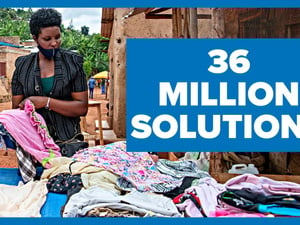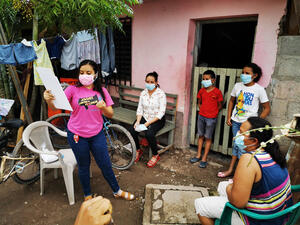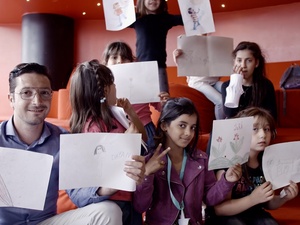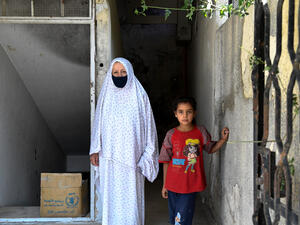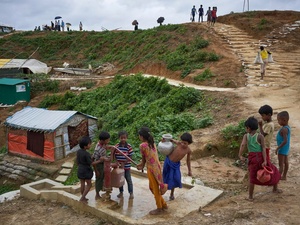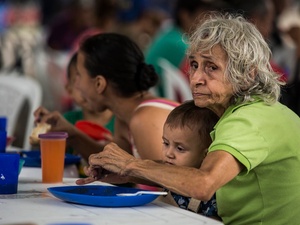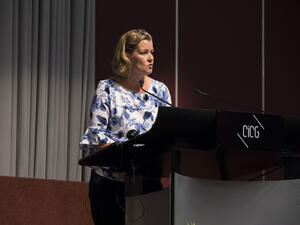UNHCR concerned about obstacles facing NGO partners in Iran
UNHCR concerned about obstacles facing NGO partners in Iran
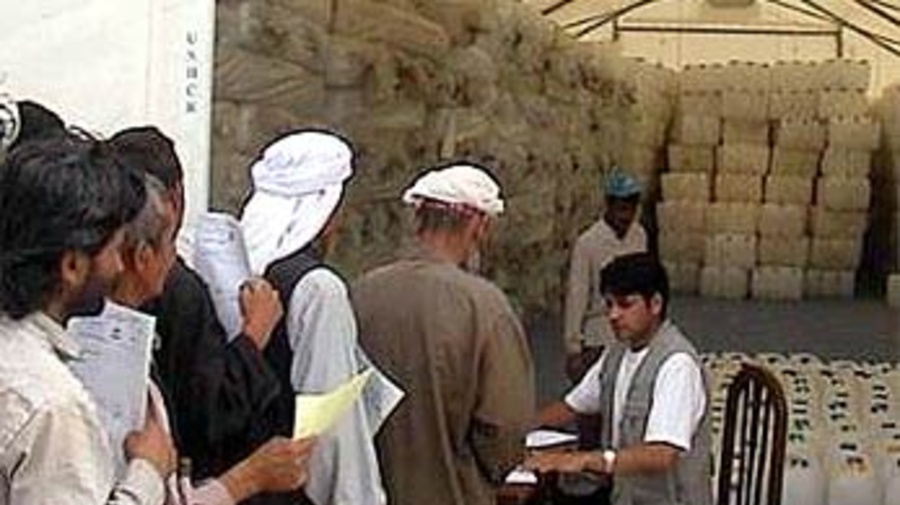
UNHCR works closely with NGO partners to assist refugees in Iran, including these Afghans at Dogharoun.
GENEVA, Dec 2 (UNHCR) - The UN refugee agency has raised "deep concerns" about the care of refugees in Iran amid obstacles faced by its non-governmental organisation partners in recent months.
Officially, non-governmental organisations (NGOs) are welcome in Iran and there have been requests for them to work there. In practice however, many NGOs have faced serious difficulties applying for work permits and getting their work plans endorsed by the government's NGO Committee, a prerequisite to operate in the country.
"Endless administrative formalities have put off even the most experienced aid groups," said UNHCR spokesman Ron Redmond at a news briefing in Geneva Tuesday. He noted that more than half the NGOs that had worked with the refugee agency earlier this year have now left the country after their staff were pressured to suspend their activities.
Iran hosts one of the world's largest refugee populations, with more than 1 million refugees in the country.
"Despite the high level of official governmental support, some key needs are not met through official channels," said Redmond. "The assistance of various international NGOs is invaluable in our effort to help meet the needs of refugees there."
He added that UNHCR has expressed its deep concerns to the Iranian government on several occasions and the agency is doing what it can to assist the very few NGOs remaining in their work for refugees.
However, he cautioned, "If the situation is not resolved soon, our ability to complement the government's assistance efforts will be seriously hampered."


